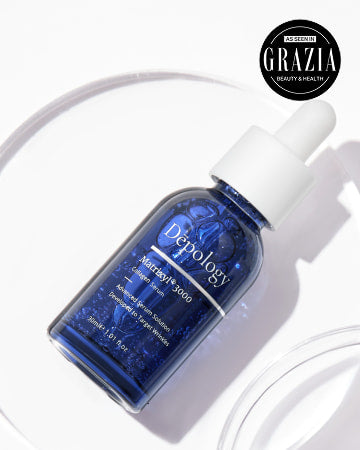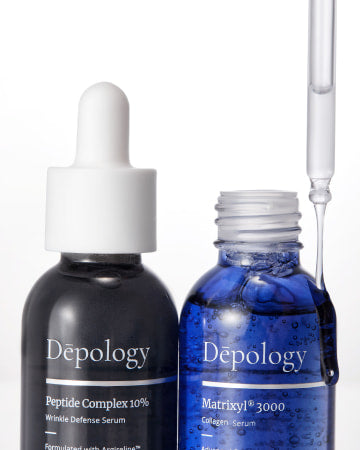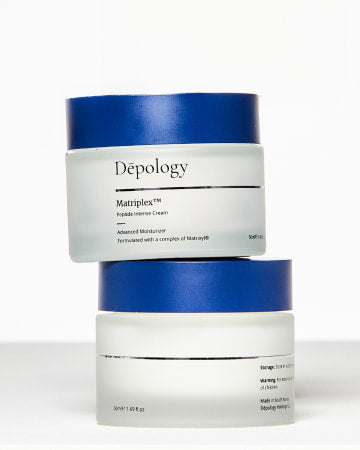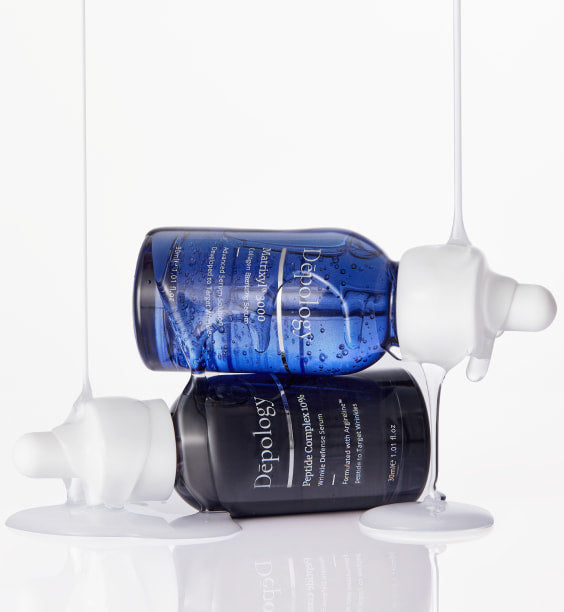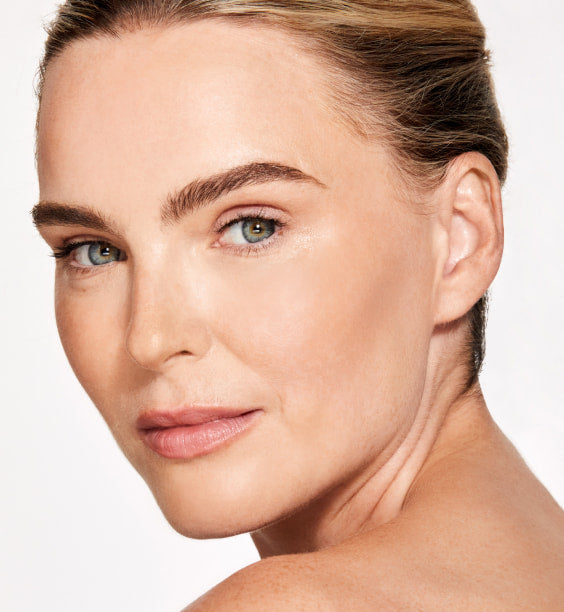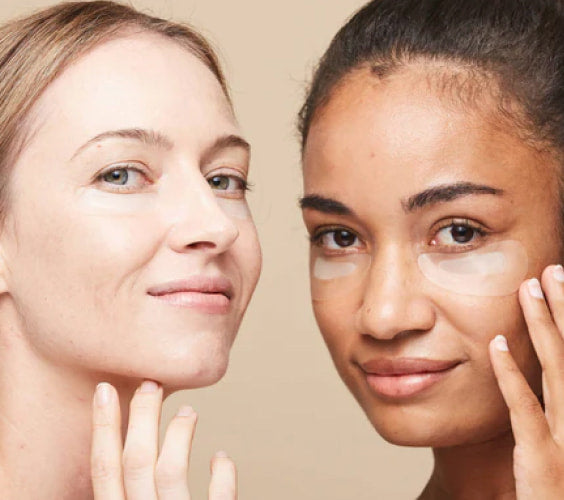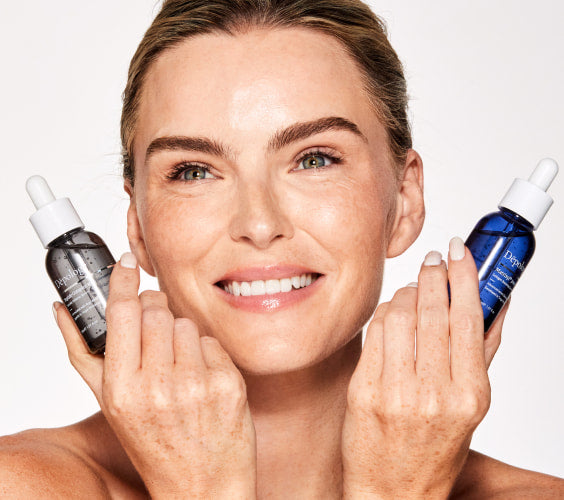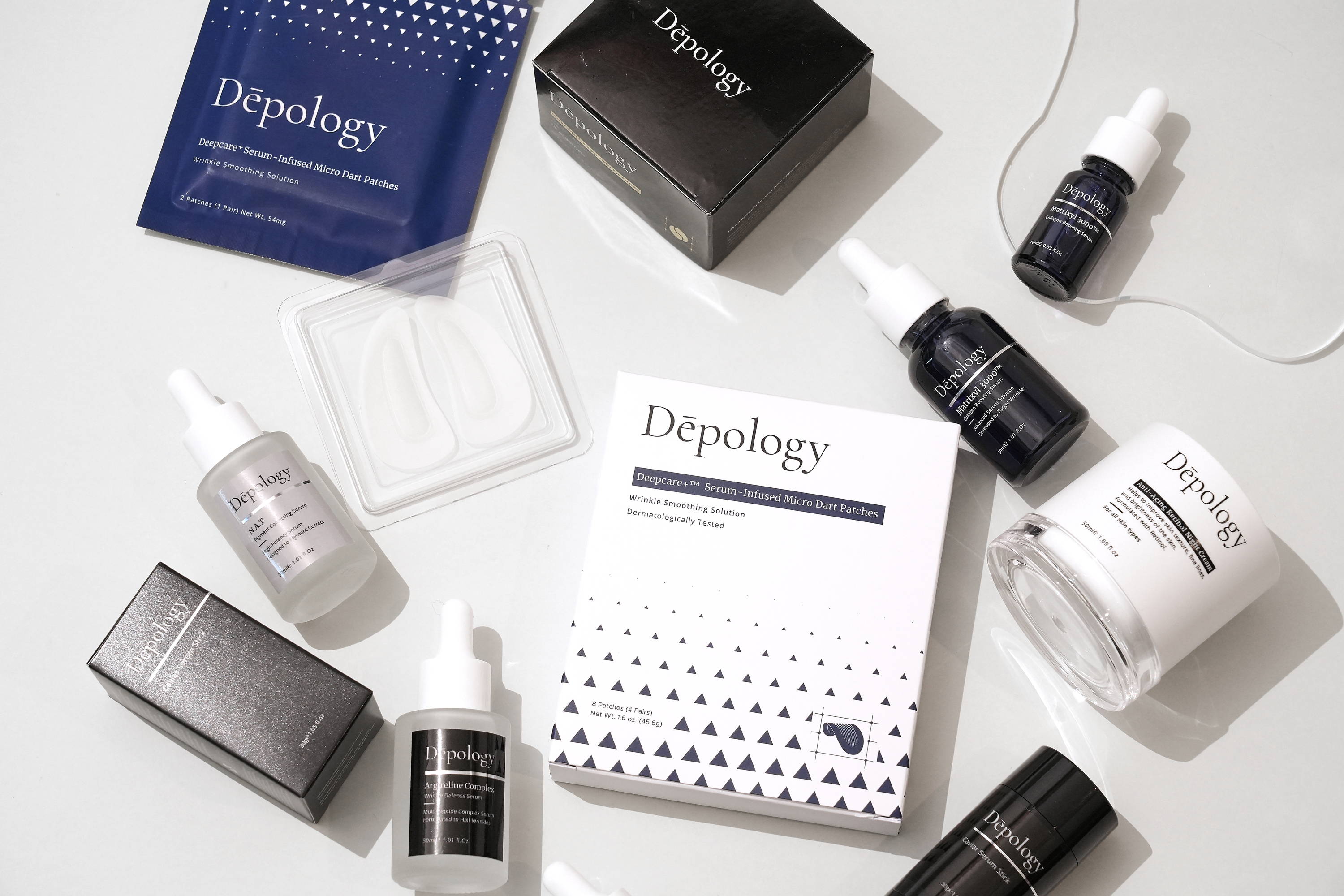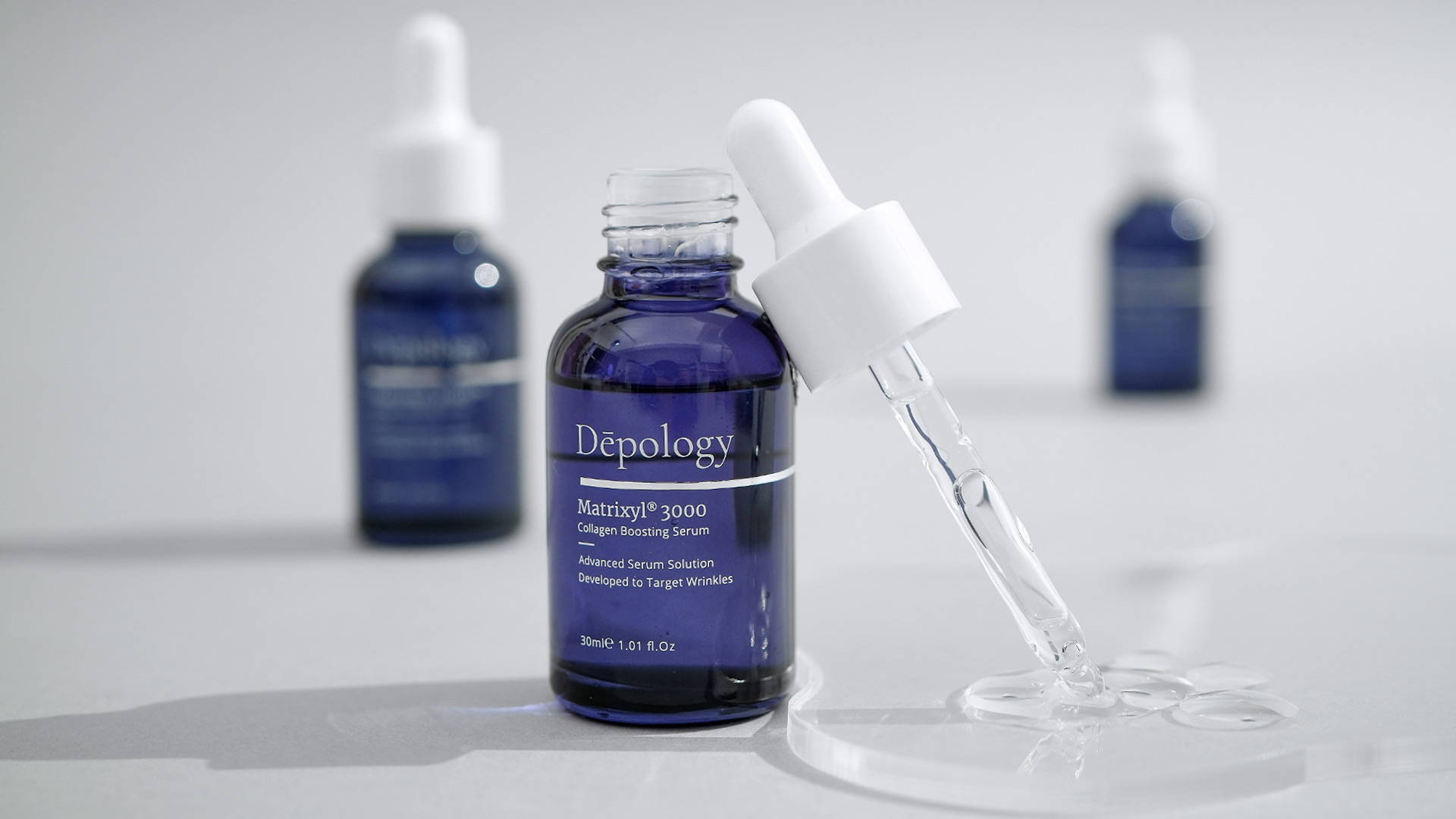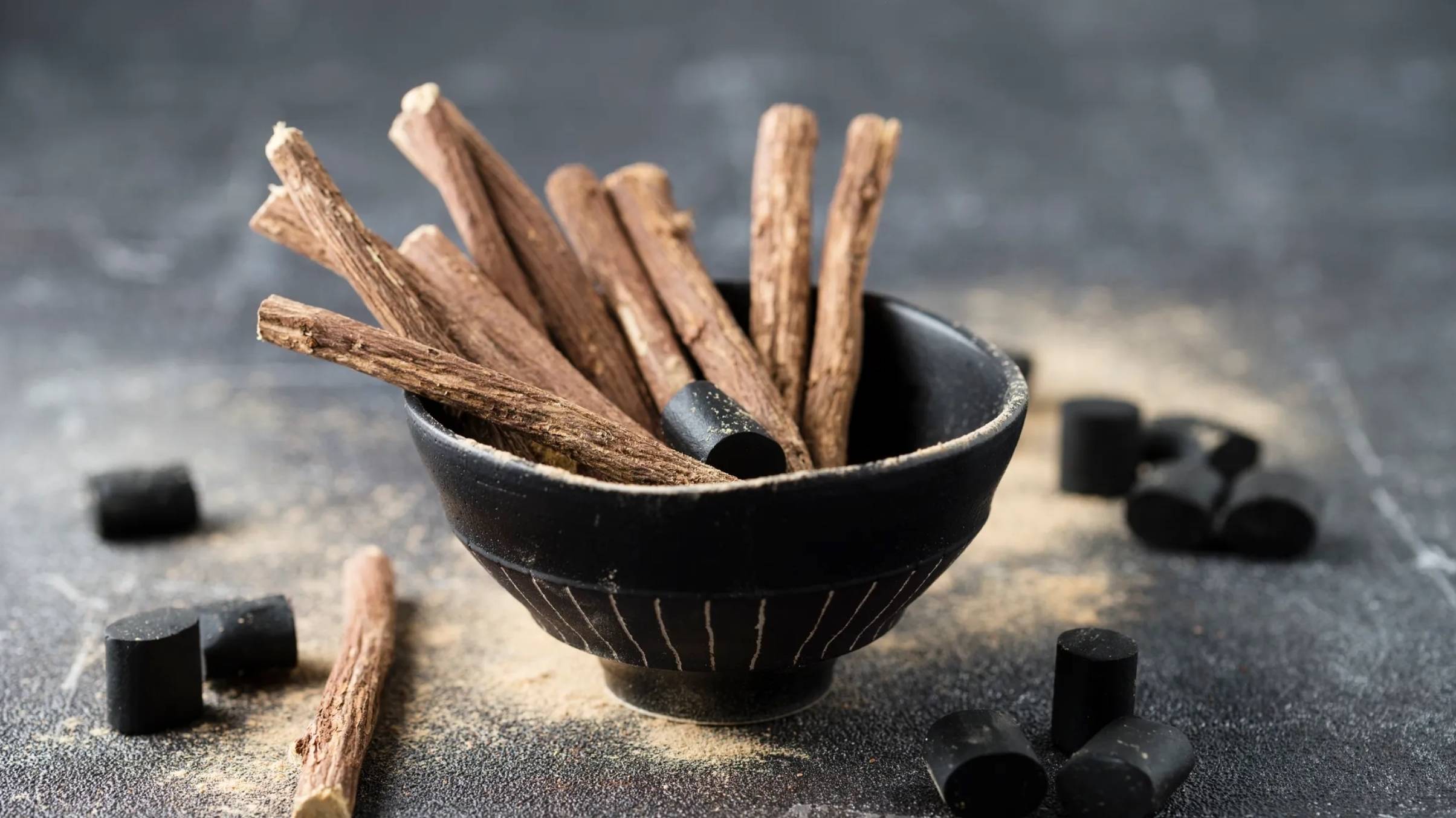
What Are The Skincare Benefits of Licorice Root Extract?
Licorice root (from the plant **Glycyrrhiza glabra**) is an ancient ingredient valued in skincare for its potent **antioxidant** and medicinal benefits. It's suitable for all skin types and is highly effective in treating several common skin concerns.
🌿 Key Skincare Benefits of Licorice Extract
The extract contains active compounds that provide a multitude of benefits, including anti-microbial and anti-inflammatory purposes.
1. Hyperpigmentation Relief
Licorice root is a natural remedy for hyperpigmentation, which shows up as dark spots from sun damage, acne, or melasma.
- **Tyrosinase Inhibitor:** The root acts as a **tyrosinase inhibitor**, minimizing the production of the enzyme responsible for melanin formation, thereby reducing discoloration and brightening the skin.
- **Alternative to Hydroquinone:** It is sought out as a more natural remedy by users who experience adverse skin irritation from prescription hydroquinone creams.
2. Anti-Aging and Antioxidant Capabilities
It acts as a multi-functional resource for anti-aging:
- It helps diminish aging signs like fine lines and wrinkles caused by oxidative stress (like environmental pollution).
- It helps to promote supple, smooth skin and strengthens the skin’s protective barrier.
- It's known for its ability to **increase elasticity** and helps preserve hyaluronic acid in the skin, maintaining hydration and moisture.
3. Anti-Inflammatory Effects
Licorice root helps calm **inflammation and redness** and can diminish conditions such as atopic dermatitis, rosacea, and psoriasis.
The Dēpology Cica Redness Relief Nourishing Cleanser, for instance, includes licorice root for soothing effects and inflammation relief, alongside cica, hyaluronic acid, and ceramides.
4. Regulates Oil Production
The compound licochalcone A can help with oil regulation in the skin. It also functions as an emulsifier, helping water and oil-based formulas blend effectively.
🤝 Ingredient Pairings and Exclusions
Licorice root is non-comedogenic (won't clog pores) and pairs well with many ingredients to amplify its effects:
- **Complements:** It works well with fellow antioxidants like niacinamide and Vitamin C, as well as acids like azelaic acid, tranexamic acid, glycolic acid, and salicylic acid.
- **Avoid:** Ingredients like retinol and hydroquinone may cause skin irritation and redness when paired with licorice root.
⚠️ Important Usage Notes
- **Sunscreen is Required:** Licorice extract must **never be substituted for sunscreen**. SPF 30 or above should be applied regularly to protect against environmental stressors, as the skin may experience increased sensitivity. [Image of UV rays damaging skin cells]
- **Patch Test:** Always test a new product on a small area of skin, as licorice root can be a rare allergen.
- **Pregnancy:** While often sought as an alternative treatment for melasma since hydroquinone is discouraged, the active component *glycyrrhizinate* has been linked to potential developmental issues. Due to a lack of research, it is best to **seek guidance from a professional** on which skincare routine is safe during pregnancy and breastfeeding.


